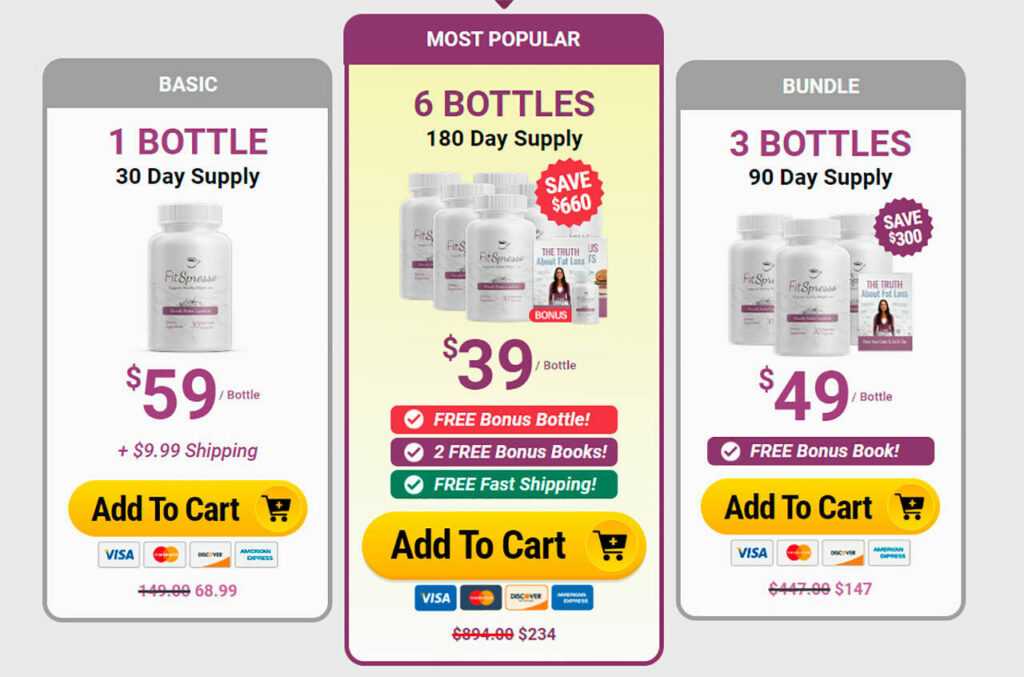Introduction:
Medicines play a pivotal role in maintaining and restoring human health. From alleviating symptoms of common ailments to managing chronic conditions, medications have become an integral part of modern healthcare. However, with a myriad of Sugar defender review, understanding medicines, their types, and safe usage is crucial for ensuring optimal health outcomes.
Importance of Medicines:
Medicines are designed to prevent, treat, or manage various health conditions, ranging from minor discomforts to life-threatening illnesses. They alleviate symptoms, improve quality of life, and in many cases, save lives. From antibiotics that combat bacterial infections to insulin for managing diabetes, medicines address a wide spectrum of health issues, contributing significantly to increased life expectancy and reduced mortality rates worldwide.
Types of Medicines:
Medicines can be broadly categorized into several types based on their intended use, mode of action, and formulation. Some common types include:
- Over-the-Counter (OTC) Medications: These are readily available without a prescription and are used to treat minor ailments such as headaches, colds, allergies, and indigestion. Examples include pain relievers like ibuprofen and acetaminophen, as well as antihistamines and cough syrups.
- Prescription Medications: These require a prescription from a licensed healthcare provider and are used to treat more serious health conditions such as hypertension, infections, depression, and chronic diseases like asthma or arthritis. Prescription medicines are typically more potent and may have potential side effects that require careful monitoring.
- Herbal and Dietary Supplements: These include vitamins, minerals, herbal remedies, and other dietary supplements that are taken to support overall health and well-being. While they are often perceived as natural and safe, it’s important to use them with caution as they can interact with medications and cause adverse effects.
- Vaccines: Vaccines are biological preparations that stimulate the immune system to produce immunity to specific diseases. They are crucial for preventing infectious diseases such as measles, influenza, and COVID-19, and have played a significant role in eradicating or controlling many deadly diseases throughout history.
Safe Usage of Medicines:
While medicines offer numerous benefits, their misuse or improper usage can lead to adverse effects and complications. To ensure safe usage, consider the following guidelines:
- Follow Instructions: Always read and follow the instructions provided on the medication label or as prescribed by your healthcare provider. Pay attention to dosage, frequency, and any special instructions regarding administration or storage.
- Communicate with Healthcare Providers: Inform your healthcare provider about any existing medical conditions, allergies, or medications you are currently taking, including OTC drugs and supplements. This helps prevent potential drug interactions and ensures that prescribed medications are safe and effective for you.
- Avoid Self-Diagnosis and Self-Medication: Resist the temptation to self-diagnose and self-medicate, especially for serious health conditions. Consult a healthcare professional for proper diagnosis and treatment recommendations tailored to your individual needs.
- Be Aware of Side Effects: Be vigilant for any adverse reactions or side effects associated with medications. Common side effects may include drowsiness, dizziness, nausea, or allergic reactions. If you experience any unusual symptoms, contact your healthcare provider immediately.
- Store Medications Safely: Keep medications out of reach of children and pets, and store them according to the instructions provided. Some medications may require refrigeration, while others should be stored at room temperature away from direct sunlight and moisture.
Conclusion:
Medicines are powerful tools for promoting and maintaining good health, but their safe and responsible usage is paramount. By understanding the different types of medicines, following proper guidelines for usage, and communicating effectively with healthcare providers, individuals can maximize the benefits of medications while minimizing the risks of adverse effects. Remember, when it comes to your health, informed decisions and caution are key.

More Stories
The Phenomenon of Fake Taxis: An Exploration of the Trend
라오스 여행: 숨겨진 보물 같은 매력을 찾아서
Understanding the Real Estate Market: Trends, Tips, and Future Prospects